Sittwe, Burma, 15 Shaban 1436/2 June 2015 (MINA) – Hollywood celebrity actor Matt Dillon became the first celebrity to put a spotlight on the plight of Burma’s long-persecuted Rohingya Muslims, paying a visit to a hot, squalid camp for tens of thousands displaced by violence.
It was “heartbreaking,” Dillon said after meeting a young man with a raw, open leg wound from a road accident and no means to treat it.
“No one should have to live like this, people are really suffering,” said Dillon, one of the first celebrities to get a look at what life is like for Rohingya in the western state of Rakhine, On Islam quoted by Mi’raj Islamic News Agency (MINA) as reporting.
“They are being strangled slowly, they have no hope for the future and nowhere to go.”
Also Read: At Least Nine Children and One Woman Killed in Pakistani Airstrike on Afghanistan
In the past few weeks, about 3,100 Rohingya refugees fled Burma and Bangladeshi to land in Malaysia, Indonesia and Thailand where they fell in the custody of respective governments.
According to an estimate by International Organization for Migration (IOM), about 8,000 boatpeople are still adrift in Bay of Bengal and Andaman Sea, where they are running dangerously low on food and water.
Although Rohingyas have lived in Burma’s Rakhine state for many centuries, the Buddhist-dominated society identifies them as ‘illegal immigrants’ from Bangladesh. Following demand from the Buddhists, in 1982, Burma’s then military government stripped the Rohingyas of their citizenship.
After the Rohingya turned stateless, persecution of the community began soaring in Burma. In recent years, especially since 2012, Rohingyas have been facing an increased level of pressure in many terms.
Also Read: Pakistan Condemns Israeli Settler Attacks in West Bank, Al-Aqsa Storming
Genocide Threat
Facing increasing marginalization, rights groups are warning that the building blocks of genocide are in place.
“I know that’s a very touchy word to use, but there’s a very ominous feeling here,” said Dillon, wearing his trademark black T-shirt and jeans.
“I’ve been to some places where the threats of violence seemed more imminent,” said Dillon, who has also visited refugee camps in Sudan, the Congo and elsewhere.
Also Read: China Criticizes US-Drafted UN Gaza Resolution as Vague, Abstains from Vote
“Here it’s something else. It feels more like people are going to be left to wither away and die.”
Dillon’s decision to visit Rohingya refugee camps followed a desperate appeal by Rohingya activist Thun Khin at a Refugees International fundraiser in Washington.
“There are people working here, people who know a hell of a lot more about it than I do,” Dillon said after hearing grumbling from some aid workers about what he hoped to achieve.
“But listen, if I can use my voice to draw attention to something, where I see people suffering, I’ll do that any day of the week. I’m happy to do that.”
Also Read: Former Bangladesh PM Sheikh Hasina Sentenced to Death
With severe restrictions on NGOs offering help to Rohingya refugees, the situation is not getting any better.
“A lot of people are suffering,” Dillon said.
“I’m really glad I had a chance to come, to see for myself what’s happening here.” (T/P011/R04)
Mi’raj Islamic News Agency (MINA)
Also Read: Pakistan Declares State of War After Car Bomb Incident





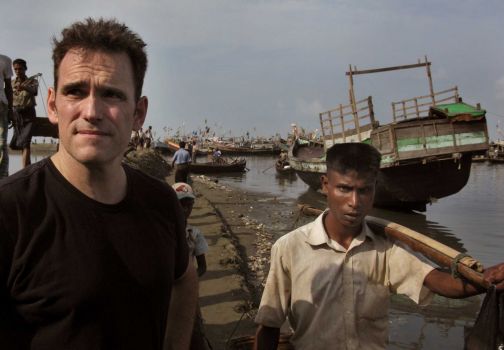


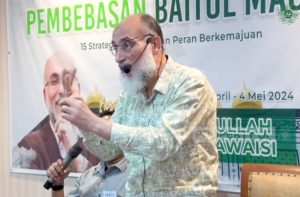


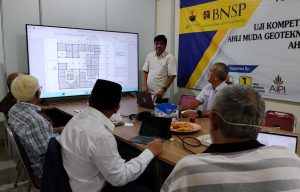

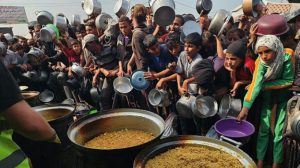



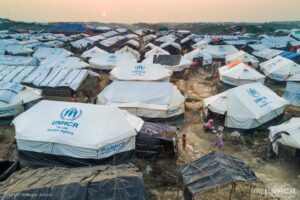
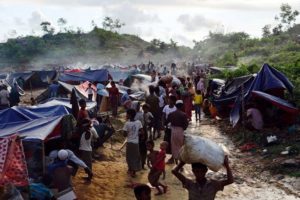
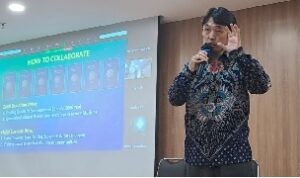
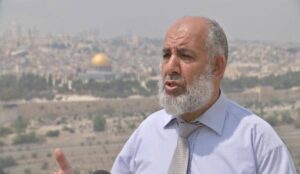














 Mina Indonesia
Mina Indonesia Mina Arabic
Mina Arabic